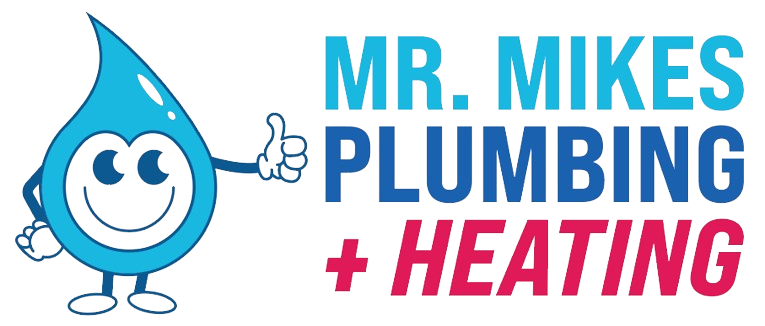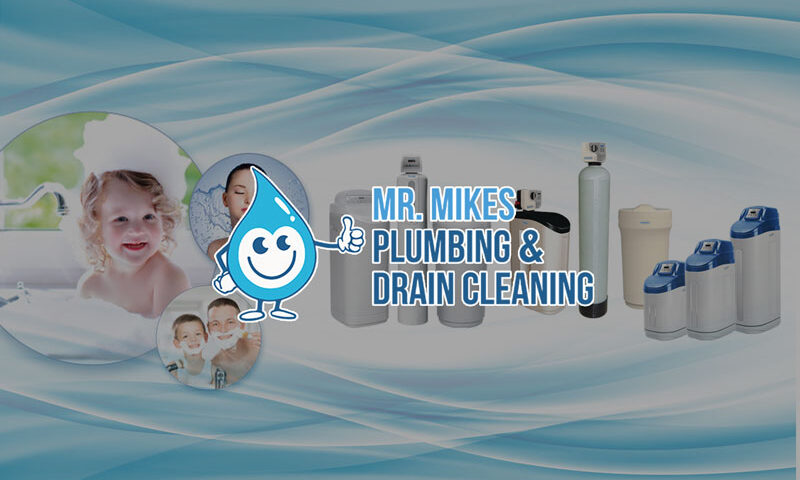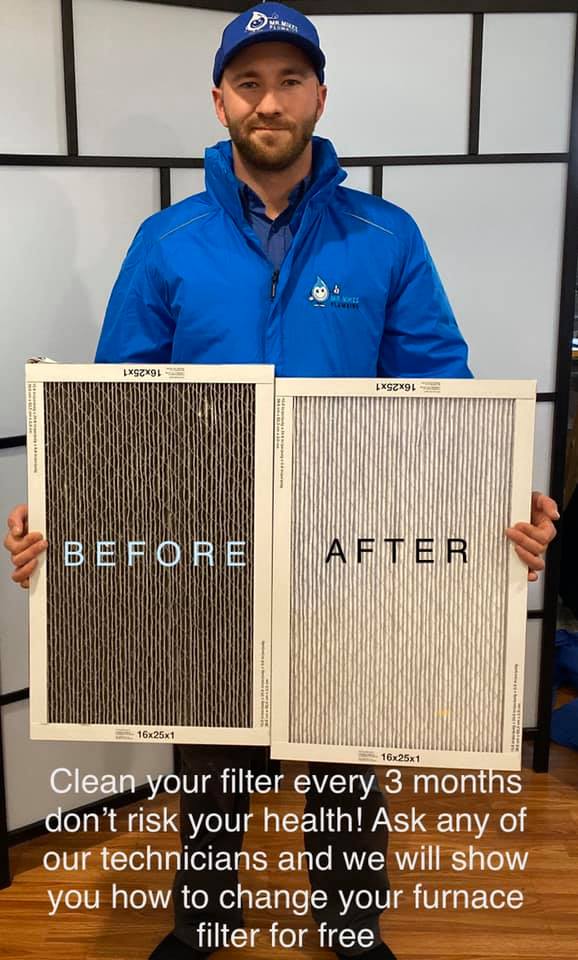
Calgary Drain Services
March 1, 2022
Full Service Commercial Plumbing for Calgary & Surrounding Areas
April 21, 2022Water Softener Calgary Information
To explain why water softeners are beneficial and how they work, it helps to understand the differences between hard and soft water. You also should be certain that the water your using meets all health regulations and is deemed safe.
What is hard water?
Hard water is saturated with large amounts of calcium and magnesium, these two minerals cause the dry skin feeling, sludge build-up and lime residue on bathroom fixtures. While suitable for drinking and gardening, hard water will cause mineral build-up in water heaters, some water pipes, dishwashers and showerheads, in some cases restricting the flow. Your soap and shampoo’s ability to lather is reduced, and laundry becomes stiffer and duller in appearance.
Water hardness is measured with five different classifications and can be expressed in mg/litre or parts per million (ppm) or grains per gallon (gpg):
| soft | below 17 mg/litre or ppm (0 – 1 gpg) |
| slightly hard | 17.1 – 60 mg/litre or ppm (1.1 – 3.5 gpg) |
| moderatetly hard | 61 – 120 mg/litre or ppm (3.6 – 7 gpg) |
| hard | 121 – 180 mg/litre or ppm (7.1 – 10.5 gpg) |
| very hard | over 180 mg/litre (over 10.5 gpg) |
How does a water softener work?
A water softener uses a medium that serves to exchange “ions” of calcium and magnesium with sodium and potassium.
This occurs in four steps:
- To do the ion replacement, the water in the house runs through a resin bed of small plastic beads or zeolite.The beads are covered with sodium or potassium ions. As the water flows past the ions, they swap places with the calcium and magnesium ions. Eventually, the beads contain nothing but calcium and magnesium, and softening stops. It is then time to regenerate the beads or zeolite.
- To regenerate, the beads need to regain their sodium or potassium ions by being flooded with a salty, brine solution that is rich in sodium or potassium.
- Once completed, the calcium and magnesium, dirt and sediments are flushed from the beads and into the drain in a process called backwash.
- The final phase rinses the mineral tank with fresh water and loads the brine tank so it’s ready for the next cycle.
Automatic water softeners are usually programmed to recharge at specific times that will not disrupt the occupants. It is more water-efficient to have a metered model that will regenerate only when required.
What are the benefits of softening water?
A water softener reduces water hardness, making it easier to shower and clean fabrics and dishes. With softened water, less soap is needed for bathing and laundry. Skin feels cleaner and clothing softer.
Pipes, fixtures and appliances have less scale build-up. With less build-up, appliances can operate efficiently. Fewer deposit stains on bathroom fixtures.
What are the different kinds of water softeners?
Water softeners come in four different types— offsite, manual, semi-automatic and automatic.
Offsite— the portable exchange unit does not regenerate at your home, a company replaces the cylinder. Manual requires manual operation to perform backwashing, brining and rinsing. Semi-automatic;— all functions are controlled automatically, with the exception of regeneration. Automatic— all functions are performed automatically, and in some cases electRodically, including regeneration.
This last type of softener can be controlled by the following systems:
Time-clock— regenerates on a pre-set schedule.
Water meter— regenerates based on volume of water; has two units so one can recharge while other is operating.
Hardness sensor— monitors the hardness of the water and activates regeneration when necessary via a sensor. This system is most costly to buy but will use less water and salt.
Where do I install a water softener?
Water softeners are installed where the water line enters the home. Always best to use a professional installer to carry out the installation. A separate cold line will be required for drinking and cooking purposes if you prefer to not consume softened water. In most cases, you would get more salt from a can of coke than you would from a glass off softened water.
How much does a water softener cost in Calgary?
The price of water softeners varies according to the type and sophistication of the system. Automatic softeners are the most expensive, selling for around $2000 and up, on average. Some of the most popular units retail for $3000. Installation fees are extra, averaging about $$$ and up per unit.
Calgary Water Hardness
Did you know that for 2022, water in south Calgary has been averaged 15.2 grains hardness per gallon, while water in north Calgary has averaged 11.5 grains hardness per gallon? This means that you should check to make sure your water softener is set to soften as per the hardness of your water. A little softener optimization will save you money on salt and water.




